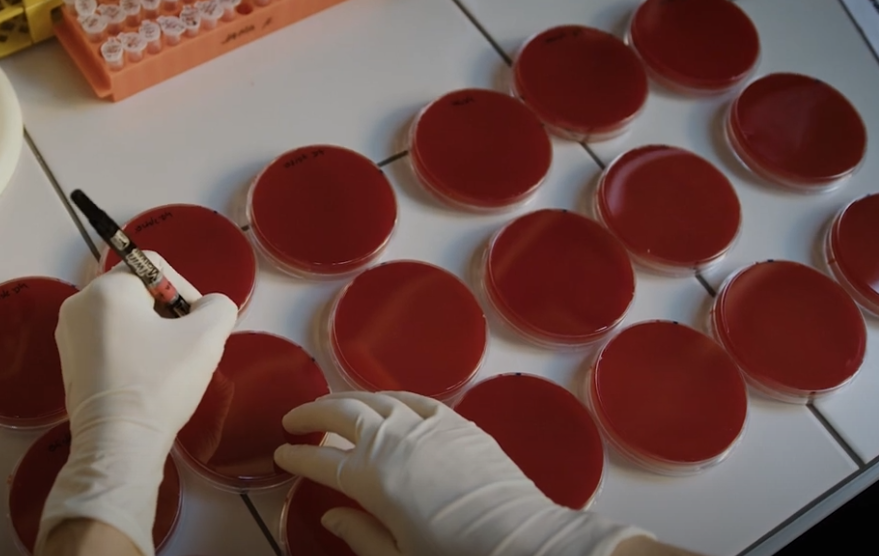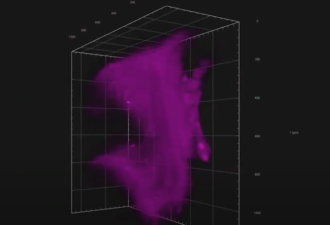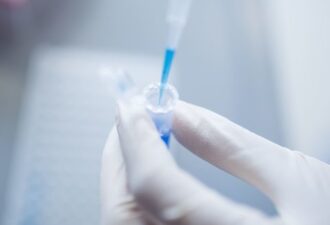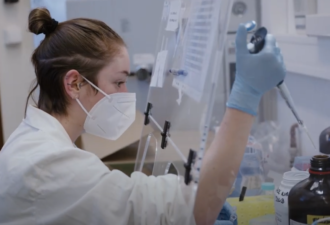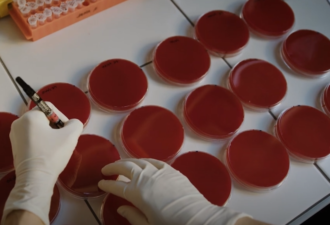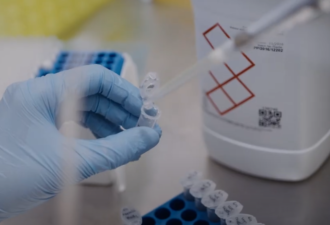We study tricks and tools used by pathogenic bacteria to suppress our immune defense.
We study tricks and tools used by pathogenic bacteria to suppress our immune defense. In particular, we study among other the emerging pediatric pathogen Kingella kingeae and the major focus is on the whooping cough agent Bordetella pertussis that causes the respiratory illness called pertussis. This infectious disease can be fatal to smallest non-vaccinated infants and is currently on the rise in the most developed and wealthiest countries (where vaccine refusal is on the rise and less reactogenic but also less efficacious pertussis vaccines are used).
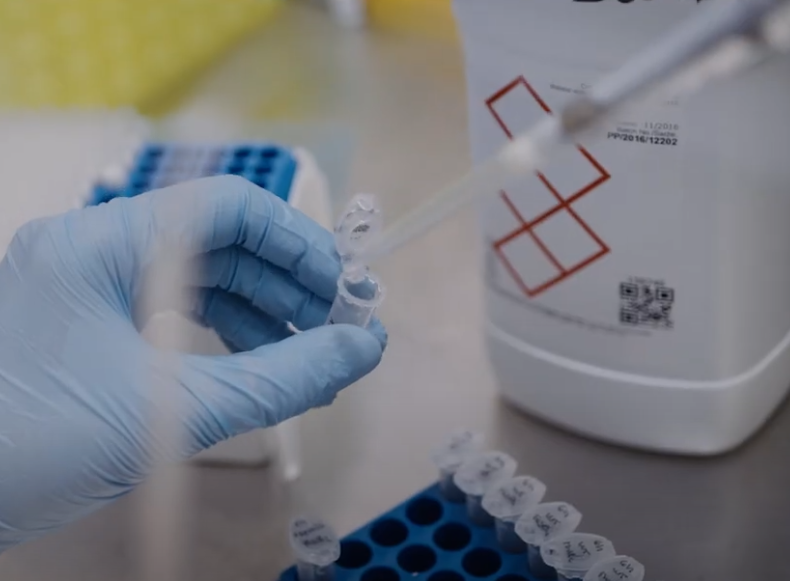
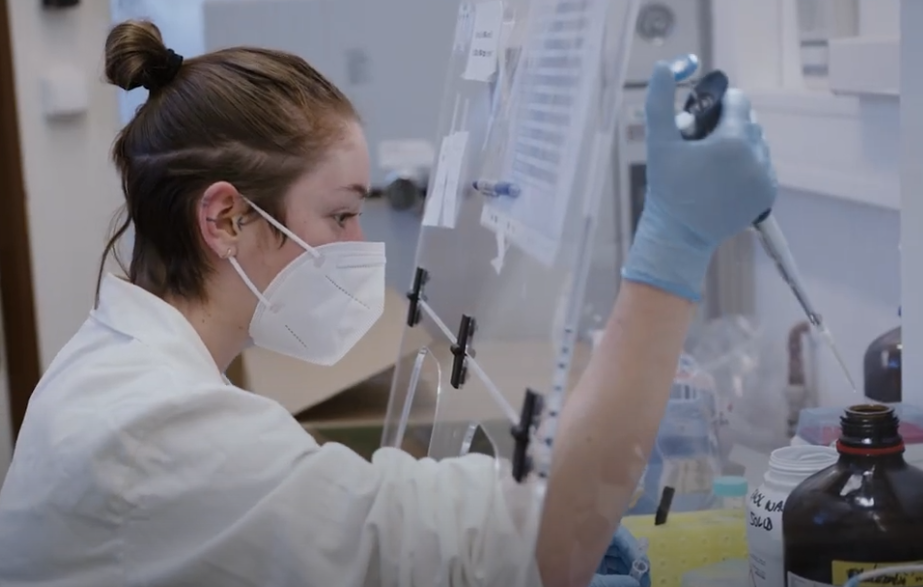
We are developing vaccines against whooping cough
The major emphasis of our research is on the structure and mechanisms of action of bacterial toxins and adhesins (FhaB, RtxA), such as the adenylate cyclase toxin (ACT). This major virulence factor of B. pertusssis plays a crucial role in suppression of the sentinel functions of host phagocytes in the course of infection. Thereby it enables bacteria to colonize the airway epithelia of the host.
We are analyzing the mechanisms underlying toxin penetration into phagocytes and the mechanisms by which its action paralyzes cellular signaling and killing of bacteria. One of our projects aims at development of a next generation of pertussis vaccines. Besides basic research on “how” does the toxin work we are also co-authors of international patents on the use of detoxified forms of ACT in vaccines. We contributed to development of an immunological technology that is currently under clinical evaluation for immunotherapy of cervical tumors in ladies infected by human papillomavirus.
Take a look at our laboratory
